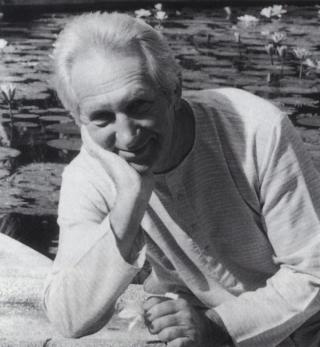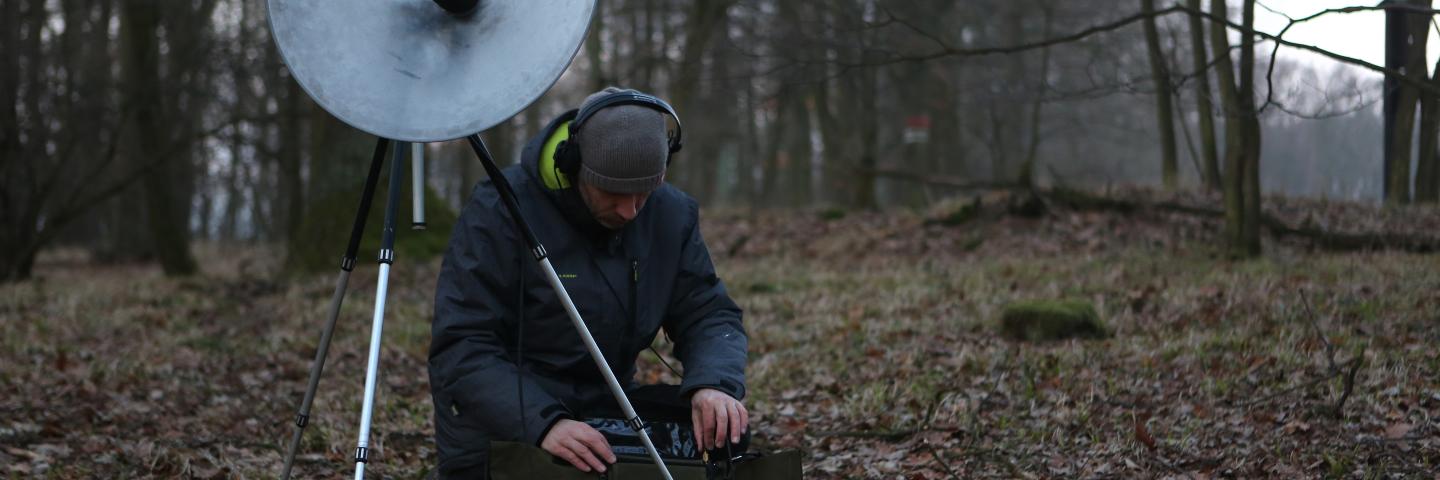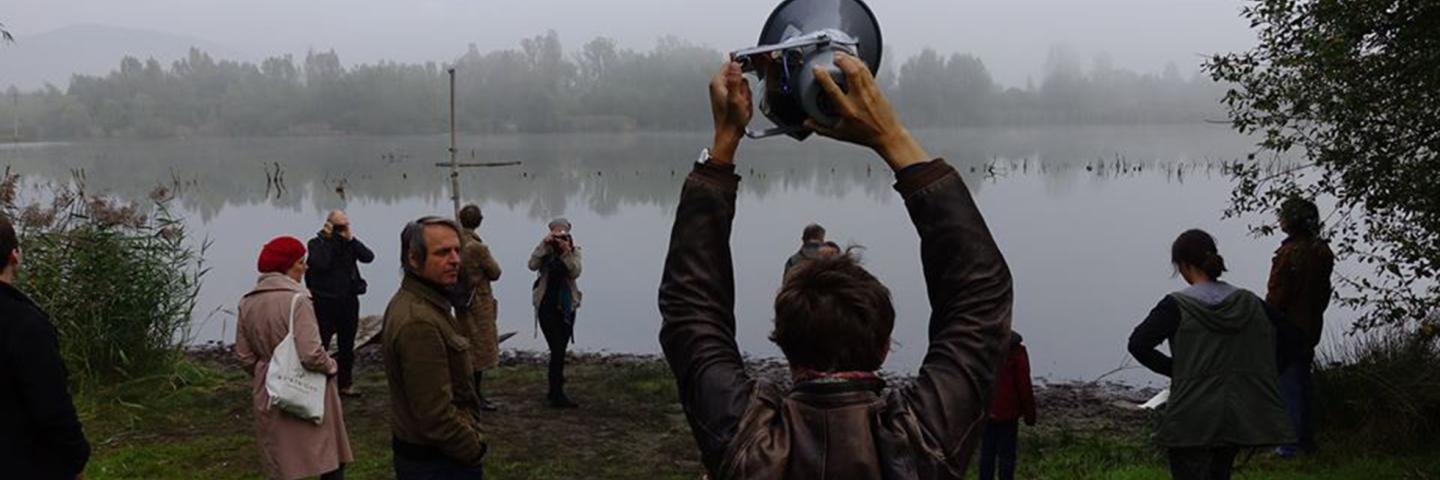Henryk Skolimowski

Henryk Skolimowski (1930 – 2018) was a Polish philosopher, known as a founder of eco-philosophy. Since the seventies of the 20th century, when he proclaimed his eco-philosophical manifesto, ecophilosophy has been developed in one of the mostly drawing attention philosophical field. Meanwhile, its goals, investigated problems, scope and applied philosophical methods have become diversified. Eco-philosophy is now being divided into two basic groups: 1) fundamental philosophical investigations Tenzing to form metaphysical systems,
2) more specific philosophical studies on various distressing aspects of the contemporary condition of the world and humankind. Skolimowski’s views are situated in both the groups. On the one hand, he creates a universal ecological-metaphysical image of reality; on the other hand, he opposes basic deformations of the contemporary Western civilization. First of all, he fights against science and technology. He is also a severe critic of contemporary philosophy, mainly the analytical movement. In his opinion, this philosophy is a “deluge” distorting the philosophy proper mission which has been forgotten or/and degenerated. For Skolimowski, as, among others for Karl Marx, the mission of philosophy lies in the changing of the human reality. According to Skolimowski, the ecological attitude (in his apprehension— anti-scientific, anti-technological, in a large extent opposing the Western civilization) is a necessary condition of humankind’s survival.
Skolimowski’s main concern, especially since nineties, was the ever larger deepening of philosophical thinking on ecology. His critical analyses of the Western civilization seem to serve him as impulses stimulating and legitimatizing the constructive project. In short, he was tending to find an ultimate foundation of the ecological attitude. Skolimowski indicates this foundation in the ontological level of all the reality. His ontological conception called lumenology is of extended metaphysical kind—it comprehends being, man and values. Skolimowski relates values not only with man but also with all the kosmos which he treats as the ultimate source of values. Reality is for him a spiritually saturated and endowed with values (love, beauty, truth) system of nature and man, created and unified in an oneness by the metaphysical principles of light and evolution. Skolimowski uses the terms “light” and “evolution” in complex senses: the commonsensical and scientific senses of those two words are coupled with the projected by him clearly metaphorical senses. Skolimowski’s ecological metaphysics has—as his interpreters reveal—diverse founding sources, including Indian philosophy, ancient myths (e.g. the myth of Gaia), Teilhard de Chardin’s views, and Socrates’ thinking. Skolimowski’s method of philosophizing is partly esoteric. He ascertains that the communicative possibilities of language are too narrow for philosophy’s purpose. Owing to that, extralinguistic forms of communication should be added, e.g. art works and feeling, Skolimowski proclaims.
He studies musicology and philosophy in Warsaw and received his Ph.D. in philosophy from Oxford University. As the student of Tadeusz Kotarbiński and Kazimierz Ajdukiewicz, he specialized first in logic and philosophy of language at the University of Southern California in Los Angeles, and then at the University of Michigan, Ann Arbor. He is considered as the leading thinker in the field of eco-philosophy. Since the seventies of the 20th century, when he proclaimed his eco-philosophical manifesto, eco-philosophy has been developed in one of the mostly drawing attention to the philosophical field. Meanwhile, its goals, investigated problems, scope and applied philosophical methods have become diversified.
For Skolimowski, as, among others for Karl Marx, the mission of philosophy lies in the changing of the human reality. According to Skolimowski, the ecological attitude (in his apprehension— anti-scientific, anti-technological, in a large extent opposing the Western civilization) is a necessary condition of humankind’s survival.
Skolimowski’s main concern, especially since the nineties, was the ever larger deepening of philosophical thinking on ecology. His critical analyses of the Western civilization seem to serve him as impulses stimulating and legitimizing the constructive project. In short, he was tending to find an ultimate foundation of the ecological attitude. Skolimowski indicates this foundation in the ontological level of all reality. His ontological conception called lumenology is of extended metaphysical kind—it comprehends being, man and values. Skolimowski relates values not only with man but also with all the kosmos which he treats as the ultimate source of values. Reality is for him a spiritually saturated and endowed with values (love, beauty, truth) system of nature and man, created and unified in an oneness by the metaphysical principles of light and evolution. Skolimowski uses the terms `light” and “evolution” in complex senses: the commonsensical and scientific senses of those two words are coupled with the projected by him clearly metaphorical senses. Skolimowski’s ecological metaphysics has—as his interpreters reveal—diverse founding sources, including Indian philosophy, ancient myths (e.g. the myth of Gaia), Teilhard de Chardin’s views, and Socrates’ thinking. Skolimowski’s method of philosophizing is partly esoteric. He ascertains that the communicative possibilities of language are too narrow for philosophy’s purpose. Owing to that, extralinguistic forms of communication should be added, e.g. art works and feeling, Skolimowski proclaims.
henryk skolimowskis eco philosophy


















